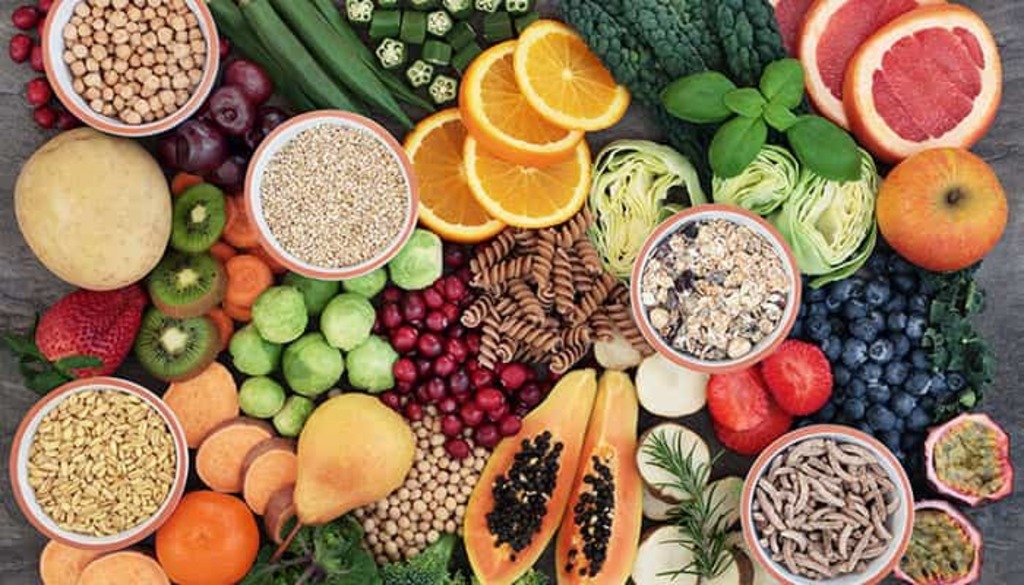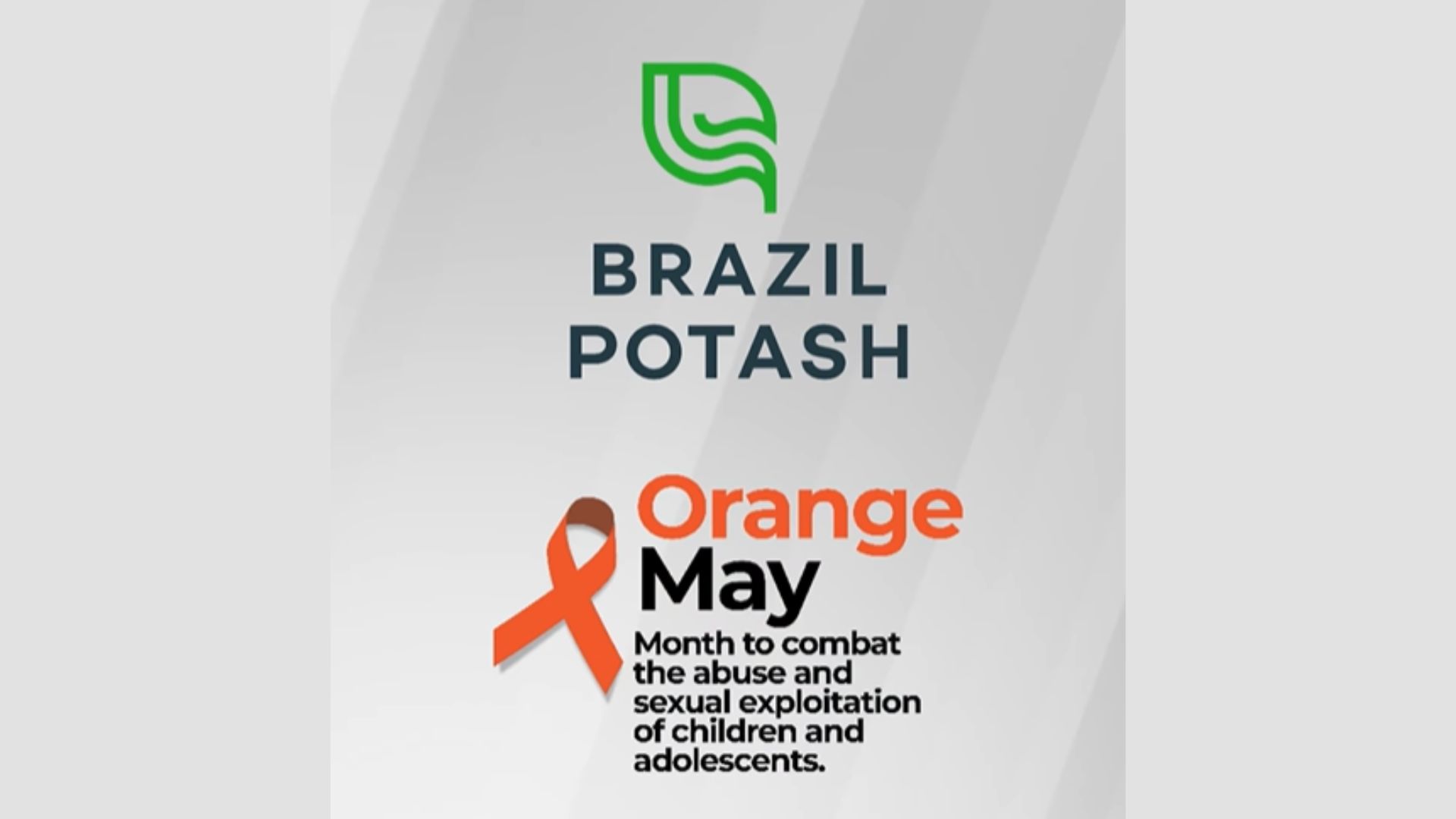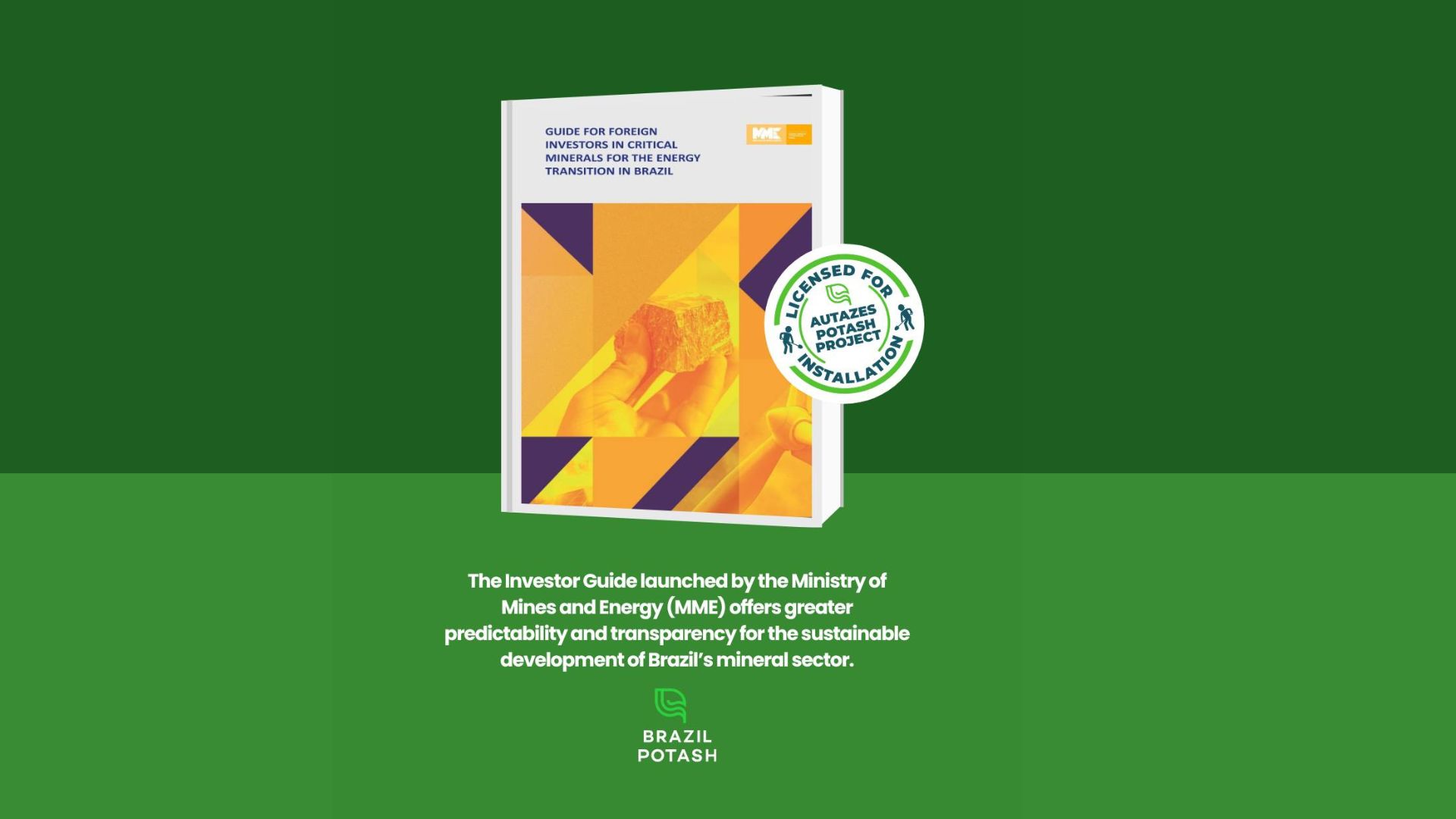Brazil has transformed from an exporter of tropical agricultural products, including coffee, sugar and cacao in the 1960s and 1970s, to becoming a major global supplier of soybeans, corn, cotton, sugar, rice, coffee and meat in the early 2000s. Brazil ranks as the number one worldwide producer of soybeans, sugar, coffee, and frozen concentrated orange juice. Brazil is the second-largest producer of beef and chicken products and the third-largest producer of corn and pork products.
Due to favorable climate conditions, a significant portion of Brazil’s crops is able to produce multiple crop yields per year. In addition, Brazil exports agricultural products nearly eight times more than it imports, showing the importance of Brazil as a global breadbasket. With the ongoing Russia-Ukraine war, the country’s importance as a breadbasket is even more prevalent. With its advantageous climate, Brazil has the largest combination of arable land and freshwater globally due to the Amazon River system
Potash is vital to the agricultural industry as a main source of fertilizer to increase crop yields and quality. One of the issues with the current potash industry structure is the entrenched nature of a small group of companies that control production and prices located far away from farms in Brazil.
Brazil, the world’s second-biggest potash consumer, is highly reliant on imports. The country currently imports 95% of the potash it needs, with 41% of that coming from Russia and Belarus, sanctioned economies.
This precarious position is something that Brazil has been looking to reverse for years. A new large domestic potash project such as the one envisaged by Brazil Potash may be the key to unlocking Brazil’s domestic potash production which is a key part of ensuring global food security.
Founded by a passionate group of executives, Brazil Potash seeks to change the way potash is handled at a local level. The company recently announced that it has proposed doubling the currently planned output of potash from its flagship Autazes project. It would mean increasing output from 2.4 million tonnes to over 5 million tpy from the project and potentially beyond. That output level would cover nearly half of Brazil’s potash needs. Executives met with Tereza Cristina Dias, Brazilian Former Agriculture Minister in Ottawa, Canada to discuss the increase and acceleration of project development.
Its flagship Autazes project is positioned in a critical country for global food security, with a large, built-in domestic and international market. In the future, Brazil could change from a net importer needing to import 95% of its potash for current needs, to filling its domestic demand and becoming a leading global exporter, driven by the Autazes project.
Sustainability in Local Production
The vast majority of potash comes from mining, but these mines are limited to just a few countries mainly being Canada, Russia, Belarus and Germany, meaning most others require importing potash. Upwards of 85% of potash consumed in the United States is actually imported from Canada, while the rest is produced by small mines located in Michigan, New Mexico and Utah.
Much like the United States, the vast majority of potash in Brazil that is consumed for agriculture is imported with 39% coming from Canada, 19% Russia and 22% from Belarus traveling 9,000 to 12,000 miles at high cost and emission generation.
Brazil Potash believes the potash basin in Brazil has the potential to be two-thirds the size of the world’s largest basin in Saskatchewan Canada and twice the Russian Urals. By producing potash domestically using ~85% renewal sourced energy, Brazil Potash is predicted to reduce greenhouse gas emissions by roughly 79% compared to the next most environmentally friendly source in Saskatchewan.
Solid Waste Management Plan
Another aspect that has Brazil Potash paving the way for domestic Brazil potash excavation is their plan for waste management. The sodium chloride tailings, the same type of salt people use to season their food, will be stored in dry-stacked stockpiles on the surface until it is either backfilled into the potash excavated underground rooms or dissolved by rainwater and injected into a deep underground river.
Community
Sustainable planning can’t occur in a bubble. Local populations including Mura indigenous people are key stakeholders that need to be carefully consulted. Through open dialogue and communication with these groups, Brazil Potash can not only show respect for their rights and culture but also lead to the learning of vital information that can help augment a plan to best determine what the sustainable solution needs to look like.
Brazil Potash has environmental sustainability built into its campaign. It sets the standard for potash mining and shows that collaboration with local communities doesn’t have to be difficult. All it takes is forward-thinking.
Produced by: Mining Frontier






